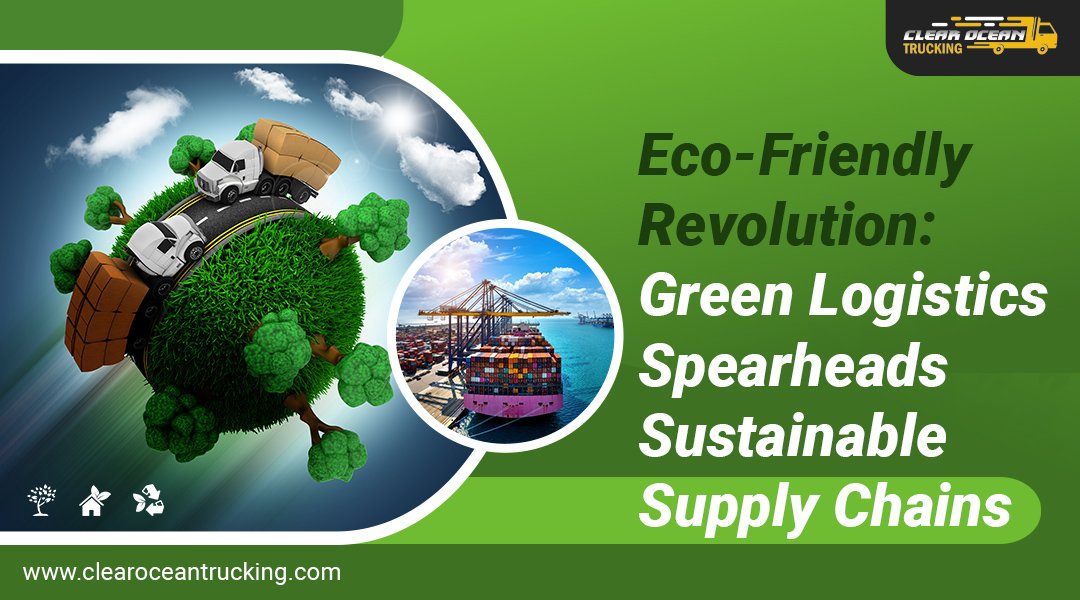Green Logistics: The Growing Importance of Sustainable, Ethical & Circular Businesses
What is Green logistics?
Green, or sustainable, logistics is the movement of products in order to reduce their environmental impact. This involves the efficient use of resources such as energy and water, resulting in reduced carbon dioxide (CO2) emissions and waste generation.
The problem with traditional models of supply chain management is that a significant amount of consumption in terms of materials and labour goes into transport. This has a negative impact on the environment because it uses up natural resources like fuel or saps up water from rivers.
In contrast to this, companies which have adopted green logistics have found that by investing in innovative service solutions they are able to maintain efficiency while reducing any negative externalities on the environment.
Why does it matter?
It is a broad term that includes all types of green logistics practices, such as sustainable packaging and transportation, renewable energy use, and resource efficiency.
It’s different from conventional logistics because it has a focus on resource efficiency. This means that it focuses on reducing waste and maximizing resources for the sake of sustainability.
The industry has been growing steadily over the past few years and it is only going to continue to grow in the future. However, companies are still not taking advantage of this opportunity.
Companies need to understand how they can use this industry to their advantage – both environmentally and financially – if they want to establish themselves as a sustainable business in the future.
Growing Trend in the Global Marketplace for Sustainability & Smart Growth
The global sustainability trend report 2023, published by the World Economic Forum, is a comprehensive analysis of the current state of sustainability in the world.
The report covers topics such as eco-friendly cities, renewable energy and sustainable agriculture. It also discusses how climate change is affecting food security and how to tackle it.
The report also includes a section on peak oil awareness campaign. This is a campaign that aims to spread awareness about peak oil and its effects on society. The campaign was launched in 2016 with the aim of encouraging individuals to take action against peak oil by asking them to pledge not to drive more than once per week or not buy more than one new car in their lifetime.
The Rise in Technology-Enabled Disruption at the Expense of The Environment
Technology-enabled disruption is a term that has been coined to describe the way that technological advancements have impacted the environment.
Examples of technology-enabled disruption include:
1. The rise in plastic production and consumption over the last several decades, which has led to an increase in plastic pollution, especially in marine ecosystems.
2. The rise in carbon emissions caused by increased use of coal and natural gas as energy sources.
Global Market Overview & Forecasts for Green Businesses in 2023 and Beyond
The global market for green businesses is expected to grow at a CAGR of over 6% from 2018-2023.
This is due to the increasing demand for sustainable products and services in both developed and developing markets. The global market for green businesses is expect to grow at a CAGR of 7.2% during the forecast period. The demand for green products and services will increase with the growth in renewable energy, natural resource conservation, and environmental awareness among consumers.



1 Comment